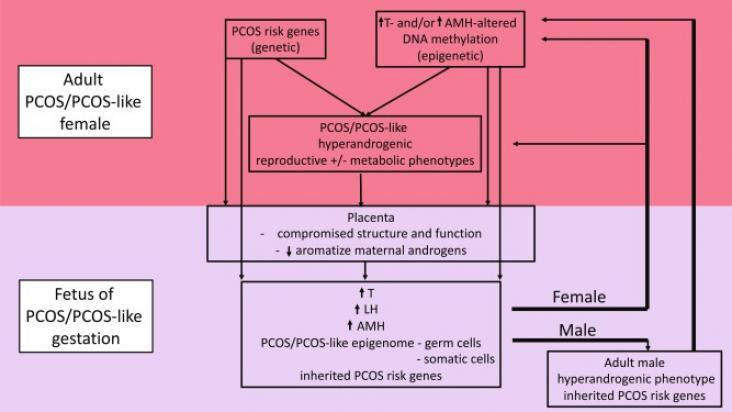Violence against women (VAW) is a violation of human rights rooted in gendered social structures and a pervasive problem worldwide.
Across cultures, women prefer participation in nonviolent opposition to government rather than violence.
Violence against sexual minorities is a significant social problem. On a global level, its primary manifestation is in state-sanctioned violence by law enforcement officials.
Sex and Gender Bias in Technology and Artificial Intelligence: Biomedicine and Healthcare Applications, Volume , 1 January 2022
Polycystic Ovary Syndrome, Challenging Issues in the Modern Era of Individualized Medicine, 2022, Pages 23-38

Prenatal Genetic Counseling, Practical support for prenatal diagnostics, decision-making, and dealing with uncertainty, 2022, Pages 83-103
Bone Sarcomas and Bone Metastases - From Bench to Bedside (Third Edition), Bone Sarcomas and Bone Metastases - from Bench to Bedside, 2022, Pages 17-23
Cognitive Data Models for Sustainable Environment, Cognitive Data Science in Sustainable Computing, 2022, Pages 231-252
